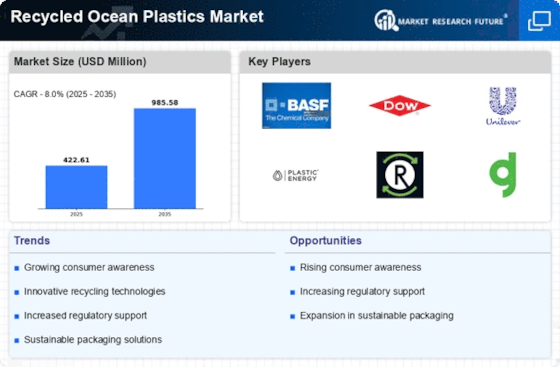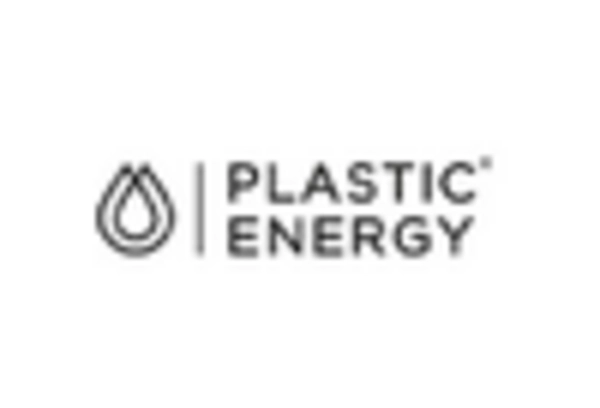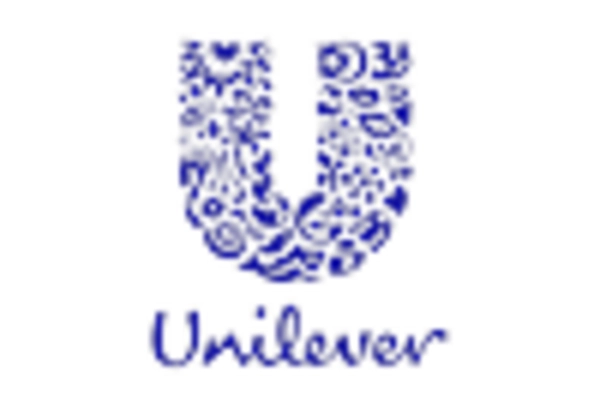Market Trends
Key Emerging Trends in the Africa Recycled Ocean Plastics Market
The Africa Recycled Ocean Plastics Market is experiencing significant trends that reflect both environmental concerns and the increasing awareness of sustainable practices across the continent. Due to global concern on plastic marine pollution, recycling initiatives are becoming more emphasized even in Africa. Because of market trends, it is evident that there has been collective effort towards addressing the challenges posed by plastic waste in oceans.
One notable trend within the African Recycled Ocean Plastics Market is increasing demand for recycled ocean plastic products. Increasingly eco-conscious consumers have compelled most corporations to use recycled materials in their products. From garments and fashion accessories to packaging materials, the employment of reused ocean plastics as witnessed by its market share growth globally promotes a circular economy.
The governments and nongovernmental organizations across Africa are key players when it comes to shaping market trends. There is growing consciousness about managing plastics’ menace with necessary policies and infrastructure in place for effective waste management. Some African countries are thus enacting and enforcing laws that encourage collection, recycling and proper disposal of plastic waste hence enhancing growth of the Recycled Ocean Plastics Market.
Besides, corporate social responsibility (CSR) initiatives have made an impact on market movements encompassing recycled ocean plastics becoming part of supply chains in companies. To meet regulatory demands but also win environmentally friendly clients, firms acknowledge their input into preserving nature through such contributions. Corporate culture shift enables cooperation among businesses, Non-Governmental Organizations (NGOs), or even government agencies for a greener use of plastics.
Additionally, there are innovative processes and technologies concerning recycling obtainable now at The Africa Recycled Ocean Plastics Market. Entrepreneurs together with researchers have found ways which can allow efficient gathering alongside processing ocean-derived polymers and converting them into valuable raw materials applicable across industries. These developments not only help reduce solid wastes but also stimulate economic growth from garbage since they convert these non-utilizable wastes into treasures.
Another interesting development here is an upsurge in the number of sustainable packaging solutions. As businesses become increasingly aware of the environmental consequences of single-use plastics, they are striving to find alternatives that are both environmentally-friendly and functional. Packaging materials are now made from recycled ocean plastics, providing a realistic way for companies to reduce their carbon emissions and keep the environment clean.
Nonetheless, there have been challenges also experienced within Africa Recycled Ocean Plastics Market such as poor waste collection infrastructure and awareness campaigns. A comprehensive waste management system needs to be developed while educating communities on recycling will be important to overcome these challenges and ensure sustainable use of ocean plastics.


















Leave a Comment